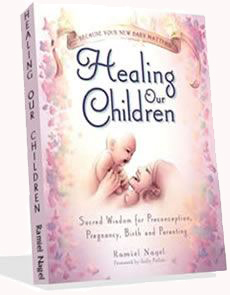The Price of Disconnected Families
How can we instill the values and skills of our culture in generations of the future?
Since the dawn of the human race, children were raised at home in the culture and traditions set by their families. The family was the stabilizing factor for many societies. Children played an active, meaningful role in the daily activities and rituals of the community. Families and neighbors worked together, played together, and learned from each other.
In the modern world, the needs of the family are secondary to the roles imposed by society’s institutions. Families spend the majority of their days outside of the home, with parents working and children attending school. The typical family unit has changed significantly from the days when one parent stayed at home to look after the children and one parent worked outside of the home. Today, many households have only one parent and many others have two working parents. What little time is left after a long day is spent taking care of necessary duties and not spent nurturing relationships and conversing with each other. Neighbors and extended family are treated as strangers.
Children spend their formative years in school. These years consist of the most crucial developmental stages in life. Yet, home schools are not teaching children the traditions of their culture, the skills they will need for life, or the importance of familial roles in a community.
Healing our Children puts it this way;
“Public home schools teach a set of ideas and concepts that have little or no practical application. As a result, this instruction separates your child from life. Life becomes an abstract idea, rather than something to take part in.”

(image via HelpAge on Flickr)
Today’s children are taught from the time they are very young that they should be seen but not heard, do as they are told, and be thankful for all of the time and money invested in raising and educating them. They are never told, “We need you. We could not be a family without you. You play an important role.”
Being made to believe that they are a burden rather than an essential component of the family during the formative years can contribute to children’s low confidence and a lack of personal responsibility. “These systems of authority will replace his mother, because he never completely moved into the stage of autonomy in a healthy way, such that he could become inwardly driven.”
Our society, through the introduction of home schools and full-time working parents, has attempted to raise and educate children who have no role to play in the family or community until they are adults.
The relationships between children and their families can be healed by treating this bond as sacred. Healthy communities – not home schools – will help our children grow up with strong cultural identities just as they did in centuries past. We must really examine what is lacking in home schools so that we do not continue to bring up our children in a society that abandons them to the whims of state sponsored institutions.







